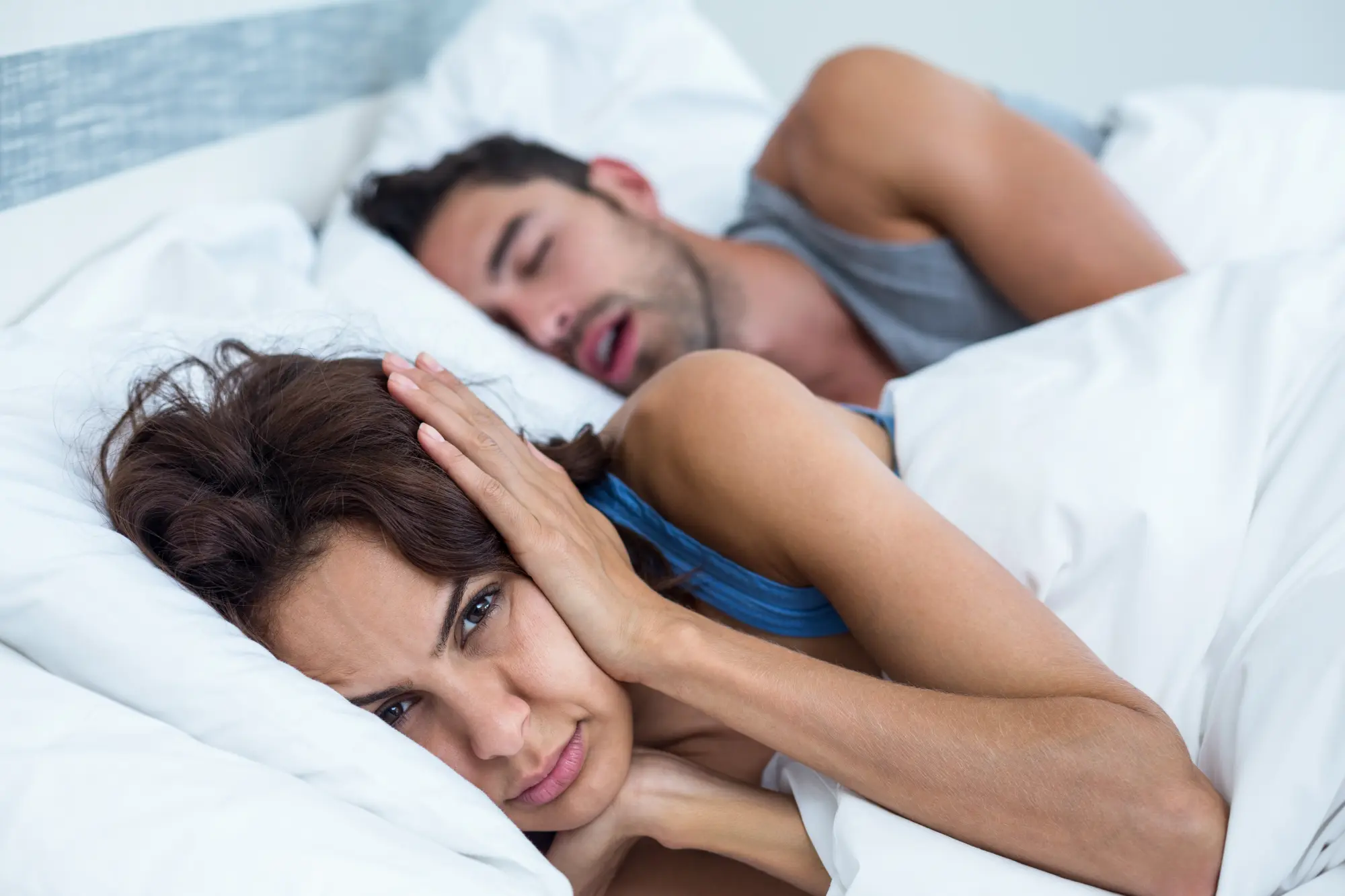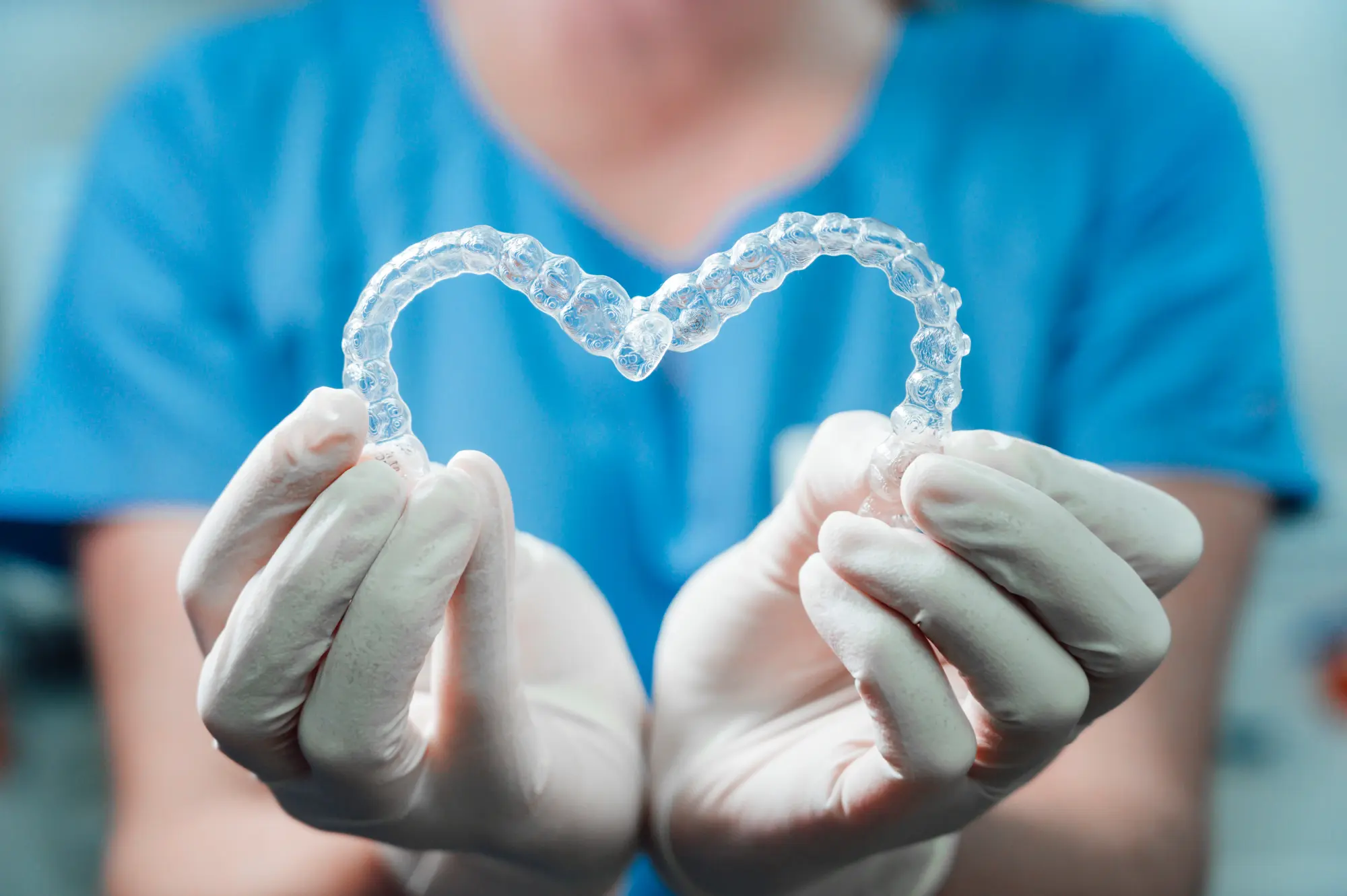
Sleep Apnea Self-Care: Tips and Strategies for a Restful Night
Sleep apnea is a common but serious sleep disorder where your breathing repeatedly stops and starts during sleep.
Living with sleep apnea can be challenging, but with the right knowledge and self-care strategies, you can manage your symptoms and improve your quality of sleep. In this blog post, we'll explore some essential self-care tips that can help you take control of your sleep apnea and lead a healthier, more restful life.
Understanding Sleep Apnea
Sleep apnea is a common but serious sleep disorder where your breathing repeatedly stops and starts during sleep. This condition can lead to a variety of health problems if left untreated, such as high blood pressure, heart disease, and even stroke. It also has direct implications for your oral health, and can lead to excessive grinding of your teeth (bruxism), leading to destruction of your healthy tooth structure.
Self-Care Tips for Sleep Apnea
Self-care plays a crucial role in managing sleep apnea. Here are some strategies you can incorporate into your daily life:
Maintain a Healthy Weight
Maintaining a healthy weight is crucial for managing sleep apnea, especially obstructive sleep apnea. Excess weight, particularly around the neck and throat, can put pressure on your airways, making them more likely to collapse during sleep. By achieving and maintaining a healthy weight, you can reduce this pressure and potentially alleviate some of your sleep apnea symptoms.
- Engage in regular aerobic exercise, such as brisk walking, swimming, or cycling, for at least 30 minutes a day, five days a week
- Incorporate strength training exercises to build muscle and boost metabolism
- Adopt a balanced, nutrient-rich diet focused on whole foods, lean proteins, and plenty of fruits and vegetables
- Even modest weight loss can lead to significant improvements in sleep apnea symptoms
- Consult with a registered dietitian for personalized nutrition advice
Avoid Alcohol and Smoking
Both alcohol and smoking can have detrimental effects on sleep apnea. Alcohol relaxes the throat muscles, which can worsen obstructive sleep apnea. Smoking, on the other hand, can cause inflammation and fluid retention in the upper airway, further contributing to sleep apnea symptoms. Eliminating these substances from your lifestyle can lead to substantial improvements in your sleep quality and overall health.
- Gradually reduce alcohol consumption, especially in the hours leading up to bedtime
- Seek support from smoking cessation programs or nicotine replacement therapy to quit smoking
- Replace alcoholic beverages with herbal teas or water in the evening
- Consider mindfulness techniques or stress-reduction activities as alternatives to smoking
- Be aware that quitting smoking may temporarily worsen sleep apnea symptoms due to nicotine withdrawal, but this effect is typically short-lived
Establish a Regular Sleep Schedule
Consistency is key when it comes to managing sleep apnea. Establishing a regular sleep schedule helps regulate your body's internal clock, known as the circadian rhythm. This can improve the quality of your sleep and potentially reduce the frequency and severity of sleep apnea episodes. A consistent sleep routine can also help you feel more alert and energized during the day.
- Set a fixed bedtime and wake-up time, even on weekends and holidays
- Create a relaxing bedtime routine to help you unwind before sleep (e.g., reading, gentle stretching, or meditation)
- Avoid electronic devices for at least an hour before bed, as blue light can interfere with your sleep-wake cycle
- Make your bedroom conducive to sleep: keep it dark, quiet, and cool
- Consider using a sleep tracking app or device to monitor your sleep patterns and identify areas for improvement
Treating your Sleep Apnea
There are different types of sleep apnea, and both can have serious consequences to your overall health and well-being. You have probably heard of CPAP therapy (Continuous Positive Airway Pressure therapy), but there are also dental sleep devices called MAD therapy (Mandibular Advancement Device therapy), that are a great alternative for some types of apnea. Our doctors at Old Town Smiles specialize in these devices and can help you determine if you are a good candidate for this alternative to traditional CPAP therapy!
Get the Help You Need in Alexandria, VA
If you're struggling with sleep apnea symptoms in Alexandria, don't hesitate to seek professional help. At Old Town Smiles, Dr. Seema Ahmed and Dr. Mohammad Barra are here to provide expert care and guidance. We have extensive experience in recognizing the signs of sleep apnea, and helping to guide you towards appropriate next steps. Call us today at (703) 836-7000 to request an appointment. Let us help you take the first step towards better sleep and better health.














.jpeg)













